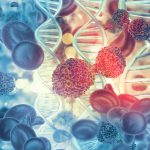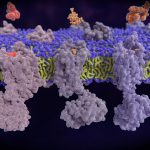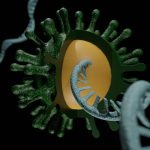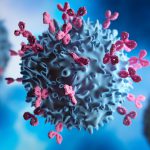Because of 2018 Nobel Prize-winning research, cancer patients can now receive life-saving immunotherapy that fortifies natural immune defenses to wipe out malignant cells.
Today, the Nobel Prize in Physiology and Medicine went to James Allison, Ph.D., of the MD Anderson Cancer Center, and Tasuku Honjo, M.D., Ph.D., of Kyoto University. They discovered that the immune system has brakes to damp down its response, and that cancers take advantage of these features by turning on the brakes and suppressing the immune system against abnormal cells.
Each of the awardees identified a different immune checkpoint, or a different kind of brake. Allison identified CTLA-4, while Honjo identified PD-1. Since then, antibodies targeting these receptors have made their way through clinical trials and into the clinic.
Robert Ferris, M.D., Ph.D., director of the UPMC Hillman Cancer Center, has been part of this translational effort.
“By targeting the immune checkpoint receptors with blockers,” Ferris said, “we can reactivate the immune system and basically create a cancer immunotherapy by taking off the brakes.”
In 2016, he led the stage III clinical trial for the PD-1 inhibitor nivolumab that got it FDA-approval for head and neck cancer.
“You see it with your own eyes,” Ferris said. “They’ve exhausted all other therapies and then the tumor melts away when you give a very tolerable antibody to take off the brakes and block CTLA-4 or PD-1.”









